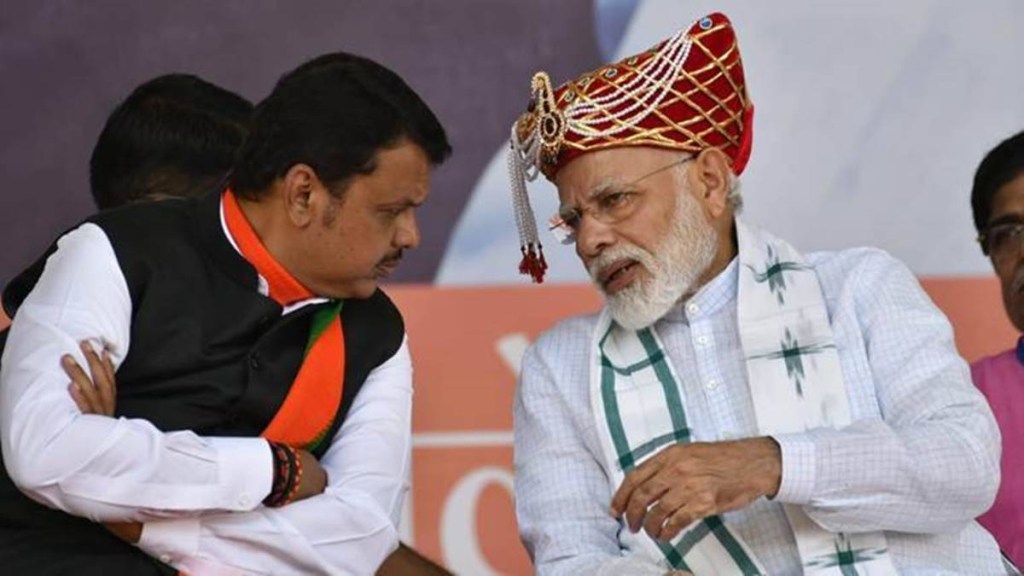It is fairly evident by now that the dramatic split in the Sharad Pawar-led Nationalist Congress Party (NCP) that saw Ajit Pawar lead a mutiny and take oath as the Deputy Chief Minister of the state was perhaps engineered by the Bharatiya Janata Party.
The apparent need to shore up greater support for Narendra Modi’s bid for a third straight term as Prime Minister is the likely design. Although the possibility that the BJP was preparing for the eventuality of the disqualification of a large number of Shiv Sena (Shinde camp) MLAs has not been completely ruled out yet.
Either way, the developments in the NCP, mirroring the revolt in the Uddhav Thackeray-led Shiv Sena last year, have laid bare the fact that it is pure arithmetic that remains the predominant force behind BJP’s politics. Morality be damned!
The remark by BJP’s Devendra Fadnavis that “he never forgets anything”, an apparent reference to the embarrassment he faced at the hands of Sharad Pawar during Ajit’s failed mutiny in 2019, is a clear indication of the brazenness with which the BJP has normalised this new “model of governance”. Fadnavis’ government had lasted a few hours then.
In Bhopal last month, the PM himself called out the NCP over the involvement of its leaders in the ‘irrigation scam’ and came down heavily on the party for being family-driven. Two weeks later, the same leaders –one from the same family– were part of the government in alliance with the BJP.
The narrative around the BJP — a party that circles around power — is in stark contrast to the politics of “change” that Modi eloquently talked about in his campaign 10 years ago. A far cry from the narrative of an incorruptible, unblemished leader that saw Narendra Modi rise to power at the Centre, the BJP’s shenanigans of unsettling regional powers, most recently in Maharashtra, and the PM’s silence on the matter, may have slowly started to dent his credibility beyond repair.
A government that promised to rid governance in India of corruption now proudly brandishes associations with those whom it has often accused of being mired in scams. Arithmetic and winnability have slowly emerged as the only characteristics of BJP’s politics.
And Maharashtra isn’t the only case in point. Over the past few years, the BJP has engineered similar defections in Madhya Pradesh, Goa and Karnataka.
The blemish to Narendra Modi’s aura of being incorruptible is not the only damage the BJP faces in the long term. Turning foes into friends has an equal effect on the party rank and file as well.
How well would, for instance, a BJP MLA who won campaigning against an NCP leader, face voters when he steps out to campaign? More significantly, would BJP leaders not feel insecure about their shrinking space in the party given their top leaders’ newfound love for those in the Opposition?
Despite an ever-shrinking Opposition, questions remain abound for Modi as he sets out on his campaign to seek the people’s mandate for a third term as prime minister.
The jury may be still out on the impact the BJP’s flip-flops may have on its winnability in elections so far. History, however, may judge Modi, who craves the rightful place for India and himself in the world order, guilty by association.
Unless he has the courage to practice the politics that he promised and not one that sees it purely as an “art of possibilities”.

